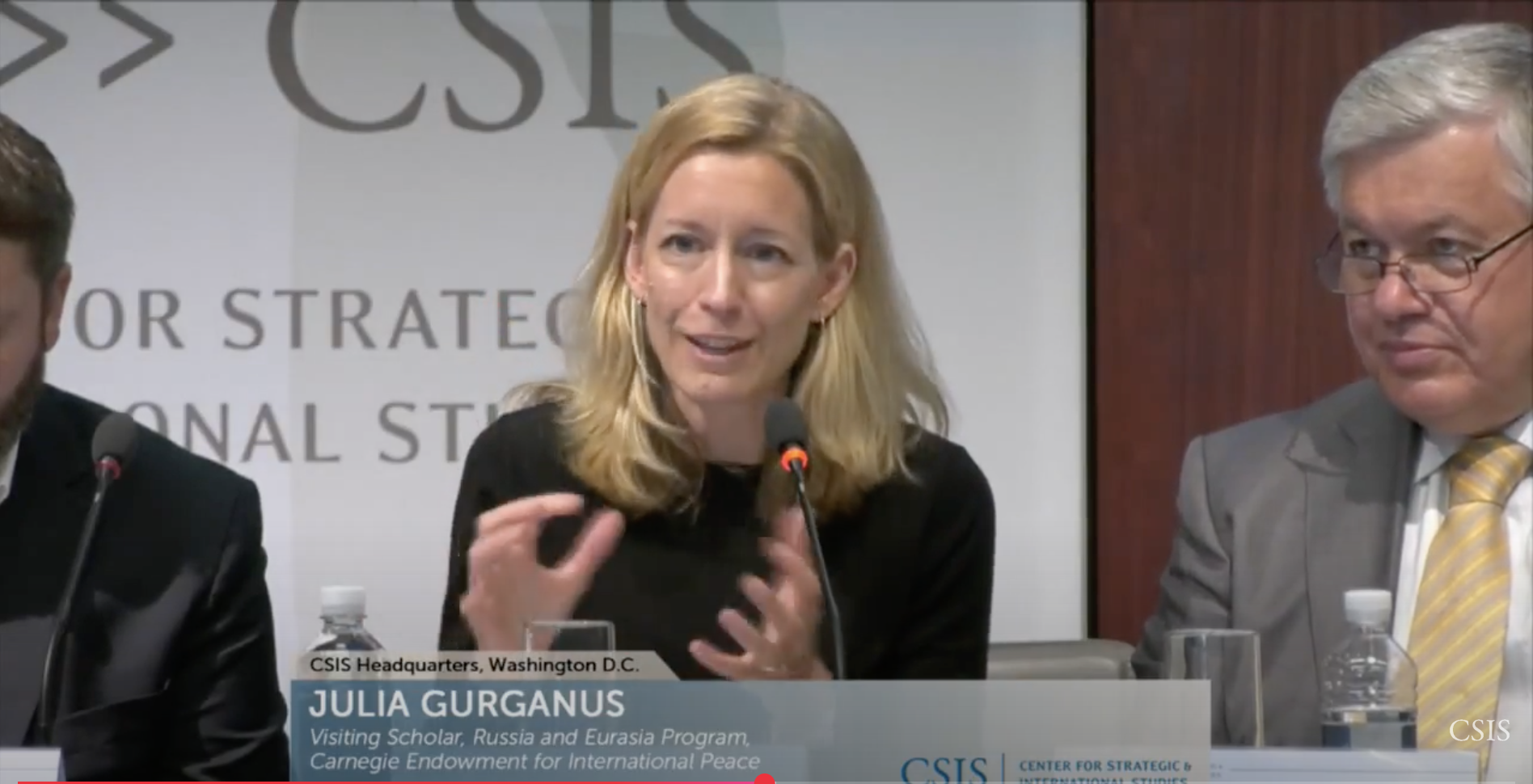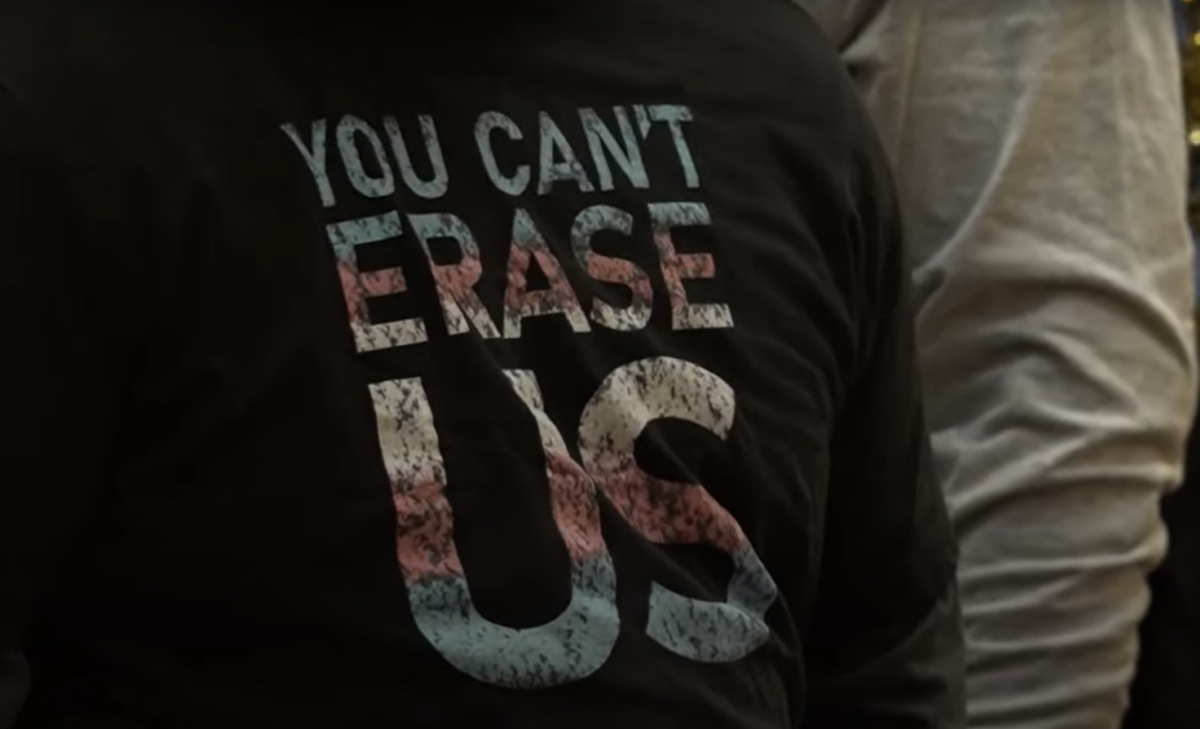The Wall Street Journal’s recent article regarding the Trump administration’s public revocation of a senior CIA officer’s security clearance has drawn criticism for its portrayal of the situation. The officer in question, Julia Gurganus, has been described as a well-known figure within the intelligence community, contradicting the article’s characterization of her as ‘undercover.’
Brett Forrest, a national security reporter for the Wall Street Journal, reported that Director of National Intelligence Tulsi Gabbard’s naming of Gurganus among 37 officials stripped of their clearances has ‘alarmed people’ within the CIA. Forrest cited sources claiming that Gabbard was unaware of Gurganus’s undercover status and that there was insufficient consultation with the CIA prior to the release of the list.
However, multiple sources have since refuted these claims, stating that there was indeed coordination between the Office of the Director of National Intelligence and the CIA before the revocation letters were distributed. A senior intelligence official told The Federalist that there were ‘zero concerns’ expressed by any of the involved agencies regarding the revocation of Gurganus’s clearance.
The Wall Street Journal article implies dissatisfaction from CIA Director John Ratcliffe regarding the public nature of the clearance revocation. Yet, a CIA spokeswoman emphasized that Ratcliffe and the national security team are focused on executing President Trump’s priorities and maintaining the integrity of intelligence operations.
Gurganus, who has over 20 years of experience in intelligence, has held various roles related to Russia and Eurasia. She is currently a visiting scholar at the Carnegie Endowment for International Peace and has participated in public discussions and presentations, making her credentials widely known.
Critics have pointed out that the article fails to acknowledge Gurganus’s public profile and her extensive involvement in intelligence matters. Larry Pfeiffer, a former CIA chief of staff, criticized Gabbard for not consulting the CIA before naming Gurganus, suggesting it could jeopardize CIA operations. However, Pfeiffer’s previous role in the Obama administration and his involvement in the 2020 letter regarding the Hunter Biden laptop story have raised questions about his objectivity.
The revocation of Gurganus’s security clearance has been defended by officials as necessary to uphold the trust placed in intelligence personnel. An agency official stated that the decision was made to prevent individuals who have politicized or leaked classified information from continuing to hold sensitive positions.
In a statement regarding the Wall Street Journal article, Gurganus’s public profile was highlighted, with critics noting that her name appears in various online searches as a CIA agent. The Federalist reached out to Forrest for clarification on the article’s characterization of Gurganus’s status but did not receive a response.
As the debate continues, the implications of the revocation and the portrayal of intelligence officials in the media remain a point of contention among political commentators and intelligence experts alike.
READ Minneapolis School Shooting Raises Questions About Media Coverage of Gender Identity



